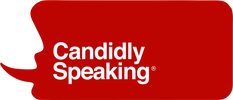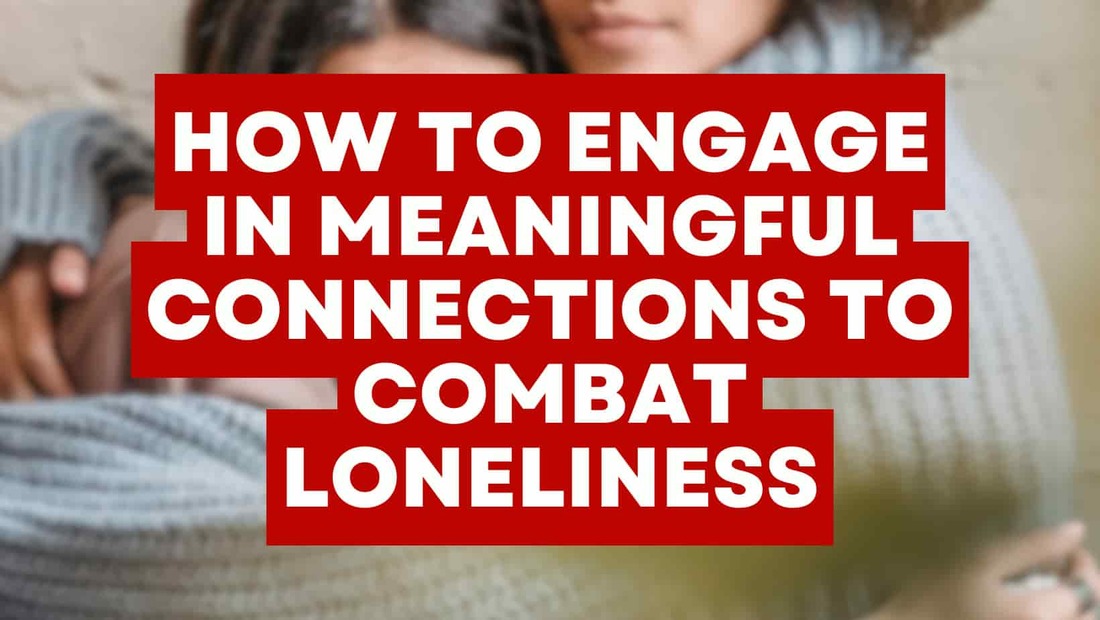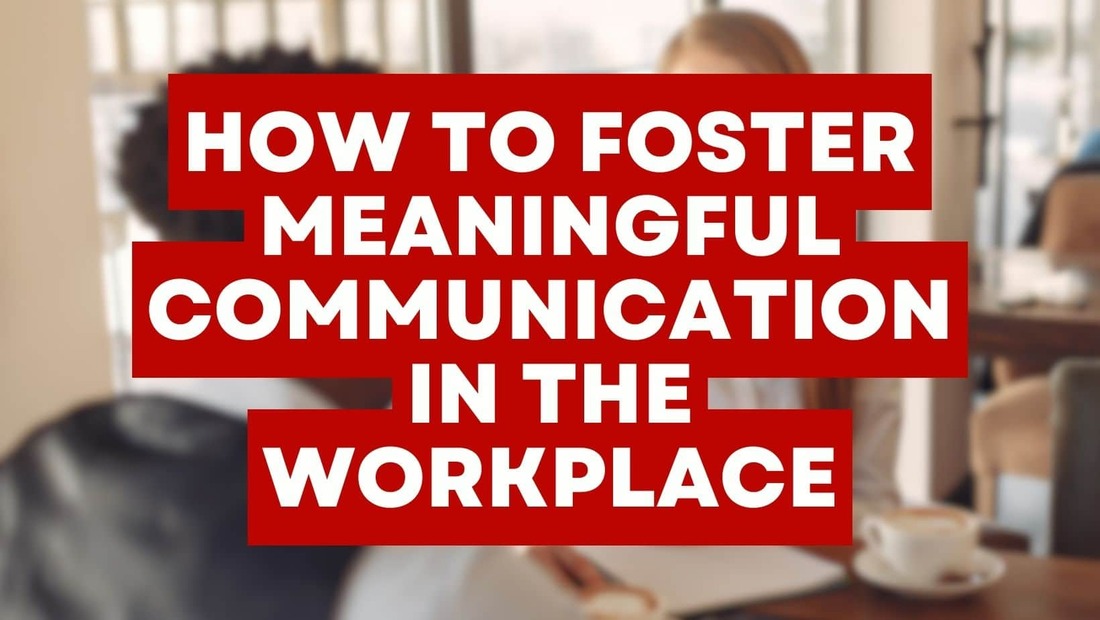|
Loneliness is an increasingly prevalent issue in our communities and it's not limited to our personal lives. Loneliness can also affect us in the workplace. However, there's hope. We can combat loneliness and create a support network that enriches our lives by engaging in meaningful connections. In this blog post, we'll explore how to do just that. Initiating Conversations: Starting a conversation can sometimes be intimidating, but it's the first step toward meaningful connections. Whether it's with a colleague, acquaintance, or even a stranger, don't be afraid to strike up a conversation. You might be surprised at the connections you can make by simply saying hello and showing genuine interest in others.
Building Authentic Relationships: Authenticity is the key to meaningful connections. Be yourself and let others see the real you. When we're authentic, we attract people who appreciate us for who we are, leading to deeper and more meaningful relationships. Share your thoughts, experiences, and vulnerabilities, and encourage others to do the same.
Get Community Support: Sometimes, combating loneliness requires creating or joining a supportive community. This can be a group of coworkers who share similar interests or a local club focused on a hobby you love. Finding a sense of belonging in a community can provide the emotional support needed to fight off loneliness.
Meaningful connections serve as a powerful antidote to feelings of loneliness. In the spirit of the holidays, let's make a collective effort to connect meaningfully with those who may need it most, building a stronger, more supportive community that thrives on compassion and shared joy. It's a time to extend our efforts to those who may struggle with social interactions, such as elderly neighbors and individuals facing loneliness. Consider extending invitations to holiday gatherings, organizing small community events, or simply engaging in a thoughtful conversation with someone who may appreciate the company. Taking these small but impactful steps helps create a warm and inclusive environment. To connect with others and continue exploring the power of meaningful communication, we invite you to join our free monthly virtual community events with Candidly Speaking. Together, we can create a more inclusive and connected world. Don't miss out on this opportunity to connect with others and be part of our vibrant community! Communication is the driving force behind collaboration, understanding, and a positive culture. It fosters inclusion, trust, and open dialogue, leading to enhanced retention rates and a thriving work environment. In this blog post, we'll explore how to foster meaningful communication in the workplace. Promoting transparent communication in the workplace: When coworkers and leadership communicate honestly and openly, it fosters trust and reduces confusion. Effective communication ensures that everyone is on the same page and can work together more efficiently. You can achieve it through active listening, clear and transparent messaging, and a commitment to regular feedback and dialogue. Boosting Collaboration and Team Building: When team members communicate effectively, they can share ideas, resolve conflicts, and make informed decisions, which strengthens team bonds and enhances overall productivity. Achieving effective communication for collaboration involves actively promoting a culture of open communication, where team members are encouraged to share their thoughts and ideas without fear of judgment. Team-building activities and workshops can be implemented to further strengthen relationships, ensuring a cohesive and harmonious working environment. Providing Feedback and Recognition: Constructive feedback helps employees grow and improve, while recognition boosts morale and engagement. To achieve this, it's essential to establish a feedback culture within your workplace. Regularly schedule one-on-one meetings to provide constructive feedback in a supportive and constructive manner. Encourage employees to share their insights and suggestions as well, fostering a two-way feedback loop. Recognition can be achieved by celebrating accomplishments. Implement programs or awards that acknowledge outstanding contributions and milestones, and ensure that recognition is timely and specific. By doing so, you create an atmosphere where employees feel valued, motivated, and invested in their personal and collective growth. In summary, meaningful communication is the key to a positive and engaged workplace. By practicing clear and transparent communication, fostering collaboration, and giving feedback and recognition, we can create a work environment where everyone feels valued and motivated to contribute their best.
And as the holiday season approaches, why not consider doing something unique and meaningful for your office gatherings? Instead of the usual office holiday parties and white elephant exchanges, why not incorporate employee wellness by gifting Candidly Speaking sessions to your colleagues? Whether it's a different kind of Christmas party or a special holiday event, these sessions can be a refreshing change and a chance to strengthen workplace relationships. |
AuthorCandidly Speaking is a non-profit organization working towards diversity and inclusion, one conversation at a time. Archives
June 2024
Categories
All
|
About Candidly Speaking
|
Candidly Speaking is a 501(c)3 non-profit organization founded in 2017 that works towards Diversity, Inclusion, and Equity, fostering a more cohesive environment through better communication skills.
|
Copyright © 2023 Candidly Speaking



 RSS Feed
RSS Feed